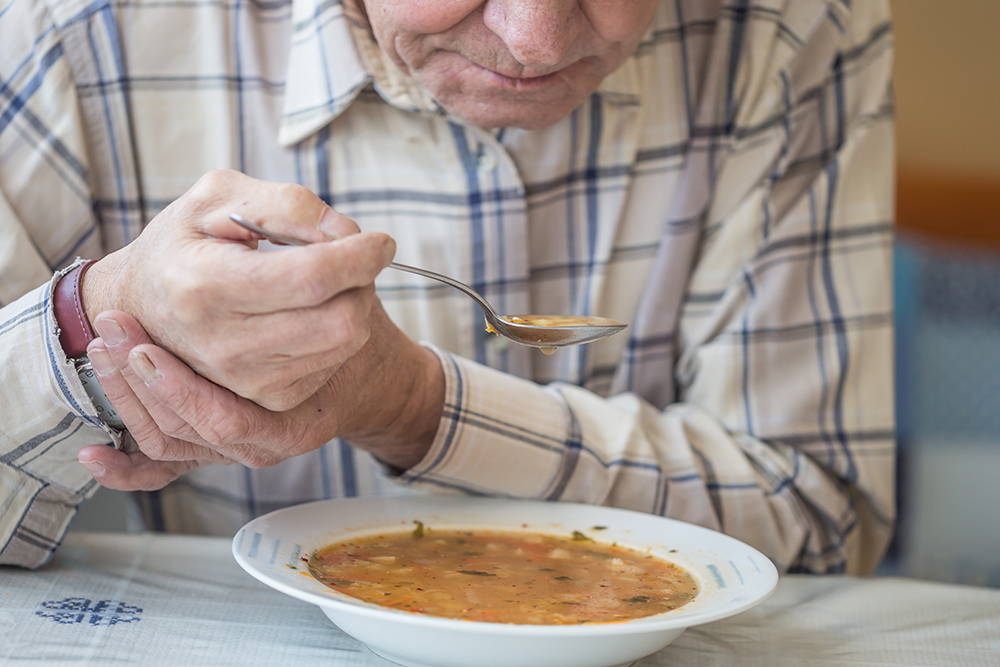Living with a movement disorder can be a challenging and isolating experience, but the CBV Parkinson’s and Movement Disorder support group aims to change that. This group provides a safe and supportive environment for individuals facing movement disorder challenges, allowing them to share their personal experiences, feelings, coping strategies, and first-hand information with others. The support group meets regularly, and attendees are welcome to actively participate in group discussions or simply come to listen and learn.
The CBV Parkinson’s and Movement Disorder support group is a social group in nature, with a focus on support, advocacy, education, and wellness. This group provides a variety of resources and benefits for those who participate. For example, guest speakers are often invited to present on a variety of topics, including physical and neuro exercise, dance therapy, speech, diet, and memory. Webinars and videos are also offered at meetings to help educate and promote interventional techniques.
For individuals living with movement disorders, participating in a support group like this one can have a significant impact on their overall quality of life. Not only do attendees learn new information and strategies for confronting problems, but they also find support from others who are going through similar experiences. This support can help individuals feel empowered and more self-confident in coping with challenges.
The CBV Parkinson’s and Movement Disorder support group is open to residents from all levels of care who have a diagnosis of PD, MS, or any other type of movement disorder, including tremors. Some individuals in the group have tremors as a result of a stroke, Parkinson’s, or spinal stenosis as a result of an auto accident years ago. Despite their different backgrounds, all participants feel welcome; they are comfortable participating and express gratitude for being included. One participant in the group even stated that she will come “until it gets depressing,” indicating that the support and positivity of the group is something she values greatly. With such a positive impact, it’s clear that the CBV Parkinson’s and Movement Disorder support group is making a real difference in the lives of those who participate.
The guest speakers who present at the support group meetings are highly experienced professionals who specialize in working with individuals with movement disorders. For example, Natalie Gilberto-Biasi, the owner of Move The Beat, spoke at one meeting about the important role of exercise for people with Parkinson’s disease. She discussed the physical, cognitive, and emotional benefits that dance provides, highlighting how dance can be a fun and effective way to manage symptoms.
Another speaker, Tami Meyer, MA, CCC-SLP, is a speech-language pathologist who specializes in helping individuals with PD improve and maintain their quality of life. Speech therapy can address issues related to speech/voice, swallowing, language, and cognition, all of which are common symptoms for people with Parkinson’s Disease. By providing attendees with information on these treatment techniques, the support group helps individuals living with movement disorders better understand their options for managing symptoms.
Finally, Laura Davis Slowey, a physical therapist assistant and Rock Steady Boxing Coach, spoke at another meeting about Parkinson’s Wellness Recovery (PWR!) instructor. This program focuses on mind and movement so that people will be stronger, healthier, and have more energy. By connecting the mind and body through a set of movements, PWR! improves flexibility, strength, endurance, and balance, all while being set to fun music.
The CBV Parkinson’s and Movement Disorder support group is constantly seeking out new and experienced professionals to present at their meetings. Breea Bell, a neuro exercise specialist, is one of the presenters that the group is currently in the process of booking. Bell’s focus is to enhance recovery or better manage symptoms for people with stroke, brain injury, spinal cord injury, Parkinson’s disease, atypical parkinsonism, Alzheimer’s disease, multiple sclerosis, cancer, and complex medical conditions.

